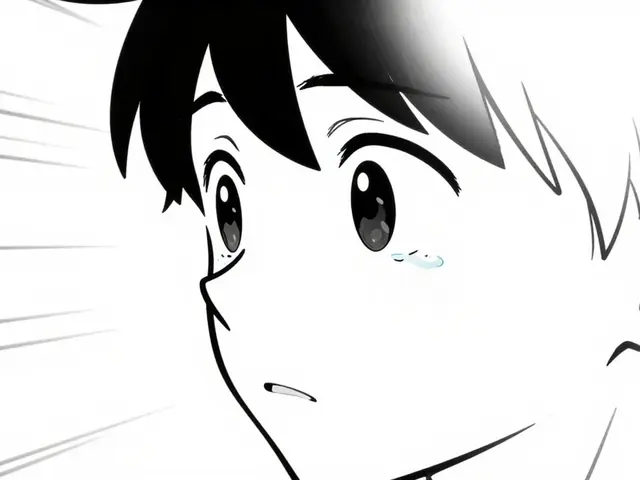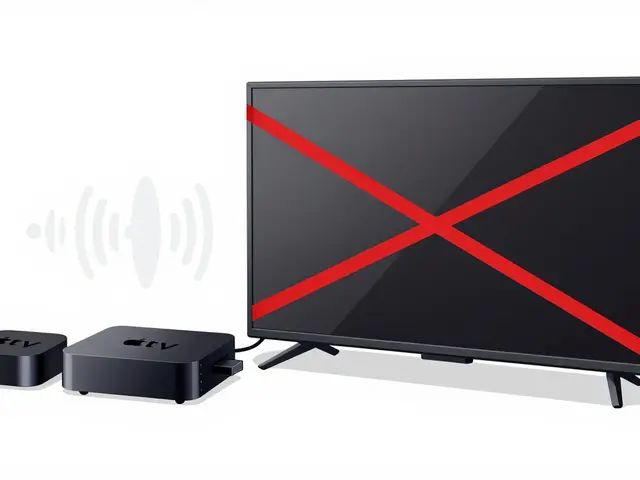8½ Movie Review: Fellini's Masterpiece and Why It Still Matters
When you watch 8½, a 1963 Italian film by Federico Fellini that blends reality, memory, and dreamlike fantasy to explore a director’s creative crisis. Also known as Eight and a Half, it’s not just a movie—it’s a mirror held up to anyone who’s ever felt stuck trying to create something meaningful. This isn’t a plot-driven story. It’s a feeling. A man, Guido Anselmi, played by Marcello Mastroianni, tries to make a film but can’t. He’s surrounded by people—actresses, producers, his wife, his mistress—each demanding something from him. But what he really needs is silence. And he can’t find it. That’s why people still talk about it 60 years later.
Federico Fellini, the visionary Italian director who turned personal turmoil into cinematic poetry, influencing filmmakers from Woody Allen to David Lynch. Also known as the master of surreal autobiography, he didn’t just make movies—he built emotional labyrinths. In 8½, he didn’t pretend to have answers. He showed the mess. The panic. The way creativity can feel like drowning while everyone else thinks you’re just taking a swim. That honesty is rare. And that’s why this film keeps showing up in film schools, film blogs, and late-night watches when you’re questioning your own work. The scenes shift without warning: a circus of women in white, a car stuck in a field, a man floating in a bathtub like he’s in space. These aren’t random. They’re the thoughts you can’t explain but feel deeply. This film doesn’t ask you to understand it. It asks you to feel it.
It’s not just about directors. It’s about anyone who’s ever been asked to perform—on camera, in a meeting, in front of family—while feeling completely empty inside. The women in the film aren’t just characters. They’re voices inside Guido’s head: the wife who wants stability, the mistress who wants passion, the muse who wants inspiration. Sound familiar? Italian cinema, a movement known for raw emotion, psychological depth, and a rejection of Hollywood polish, with Fellini as its most iconic voice didn’t make movies to entertain. It made them to expose. And 8½ is its loudest whisper.
You won’t find a tidy ending here. No redemption arc. No big breakthrough. Just a man walking in a circle, surrounded by people who love him but don’t really see him. And somehow, that’s the point. This film doesn’t fix anything. It just shows you how broken things can be—and still be beautiful. That’s why it’s still relevant. Whether you’re editing a video, writing a script, or just trying to get through the day, you’ll recognize yourself in Guido’s silence.
Below, you’ll find reviews, breakdowns, and deep dives into the scenes, symbols, and stories behind 8½. Not just what it means—but why it still hits so hard today.
20
Fellini’s 8½ Review: The Self-Reflexive Film That Changed Cinema Forever
Fellini’s 8½ is a groundbreaking self-reflexive film that captures the agony of creative block. A masterpiece of cinema, it blends dream and reality to explore guilt, identity, and the cost of art.
Latest Posts
Popular Posts
Categories
Tags
- streaming services
- video editing
- video production
- parental controls
- Max streaming
- video editing software
- marketing mix
- subscription management
- streaming apps
- Dolby Atmos
- video editing tips
- tips
- ROI
- video marketing
- video editing tools
- marketing strategy
- Premiere Pro
- family viewing
- classic cinema
- Kurosawa




